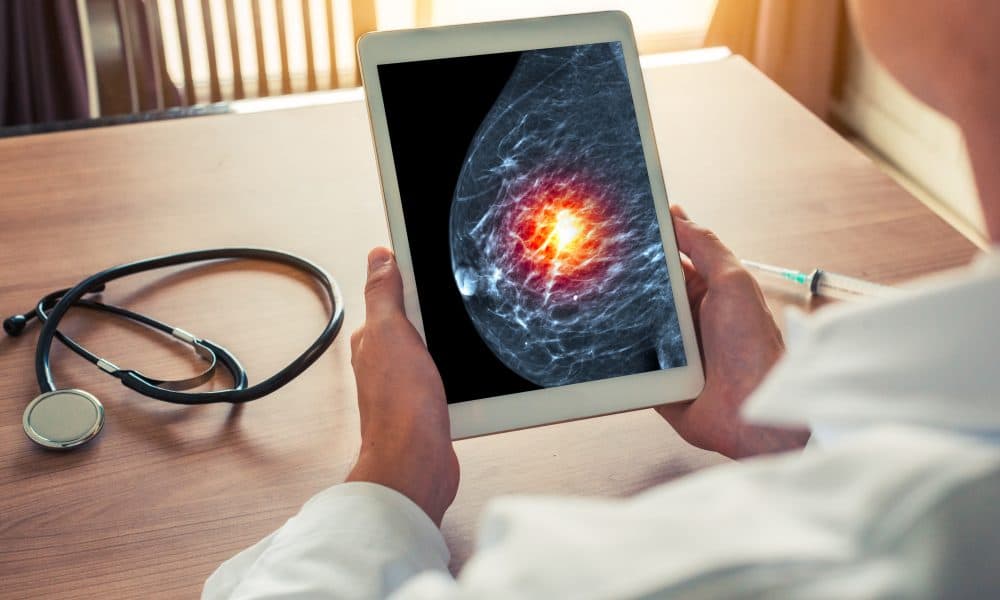
Researchers in the US have identified a biological mechanism that could lead to more effective treatments for breast cancer that has metastasised to the brain.
By studying the metabolic differences between primary breast cancer cells and those that metastasise to the brain, the researchers, led by a team at the University of Arizona Cancer Center, determined that autophagy was significantly upregulated in brain metastases.
Autophagy is a cellular recycling process that cancer cells can use to stay alive when faced with stressful conditions such as those triggered by anticancer drugs.
Senior author, Jennifer Carew, PhD, is a professor of medicine at the UArizona College of Medicine – Tucson and a member of the UArizona Cancer Center Clinical and Translational Oncology Programme.
The researcher said: “The prognosis for individuals with brain metastases from breast cancer is extremely unfavourable, and the management of breast cancer metastases in the brain remains a formidable challenge.
“We were able to disrupt breast cancer cells’ ability to form brain metastases by impairing the autophagy pathway.”
In the study published in Clinical and Translational Medicine, the research team first showed that targeting the key autophagy regulating gene ATG7 significantly reduced the ability of breast cancer cells to form brain metastases in mouse models.
With the goal of developing a strategy to bring this discovery to patients, the researchers investigated whether hydroxychloroquine, an FDA-approved drug, could potentially be used to treat breast cancer brain metastases.
Hydroxychloroquine inhibits autophagy at a later point in the pathway and, importantly, readily crosses the blood-brain barrier.
Carew said: “Most drugs do not efficiently cross the blood-brain barrier, and that is one of the key reasons why brain metastases are so difficult to treat.”
The researchers combined hydroxychloroquine with lapatinib, which is FDA-approved to treat breast cancer.
They showed that this drug combination successfully reduced the number and size of breast cancer brain metastases in mouse models.
Hydroxychloroquine has been combined with a number of other anticancer agents in early phase clinical trials, but this is the first time researchers have studied its effectiveness when combined with lapatinib for breast cancer therapy.
Carew said the team was amazed by how significantly they were able to diminish the ability of breast cancer cells to form brain metastases by targeting a single pathway.
Carew said: “Cancer cells, unfortunately, have evolved so many ways that make it difficult for us to stop their growth or kill them,.
“It is always somewhat surprising when you see how changing only one thing can have an impact.”
First author, Steffan Nawrocki, PhD, is co-director of the Cancer Center Clinical and Translational Oncology Programme and professor in the UArizona College of Medicine – Tucson.
The researcher said: “Our group and others have shown that activation of autophagy makes it harder for many different types of cancer therapies to kill cancer cells and this promotes drug resistance.
“Because hydroxychloroquine and lapatinib are already FDA approved, we can advance this drug combination quickly into a clinical trial for patients with breast cancer brain metastases.”
Brain metastases are the most prevalent adult central nervous system tumours, with 20 per cent to 30 per cent of cases resulting from breast cancer patients, particularly those with triple negative and HER2 amplified disease.
Managing breast cancer metastases in the brain is challenging, with only 20 per cent of patients with breast cancer brain metastases surviving beyond five years.





